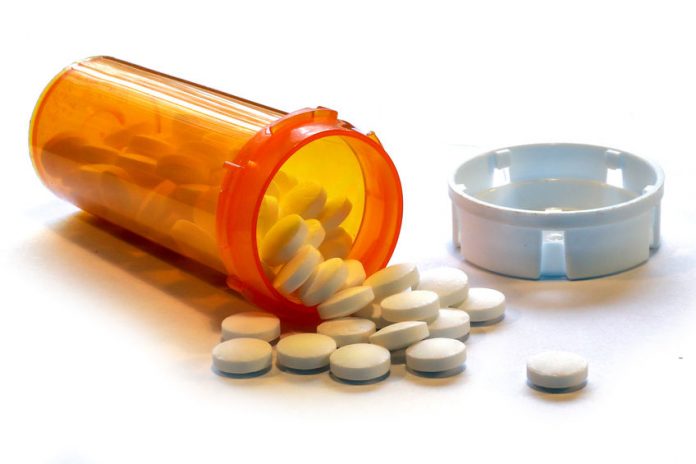
Medical City Healthcare is working to to “Crush the Crisis” in opioid use with a comprehensive, three-pronged, systemwide approach to reduce administration of opioids.
The first phase, focused on reducing opioid therapies in Medical City emergency departments, launched in November 2018, according to a Medical City news release. To date, it has resulted in a 21% reduction in opioid use for pain relief in Medical City hospital emergency rooms. Physicians are using less addictive but effective alternatives, called ALTO therapies, including non-opioid patches, non-opioid pain medications, trigger point injections and other pain relief methods.
“This is an evolution in how we approach pain relief for patients,” said Miguel Benet, MD, Medical City Healthcare Chief Medical Officer. “These initiatives represent our commitment to patients not just while they are in our care, but also to their well-being after they leave the hospital.”
The second phase of the initiative aims to reduce opioid use in surgical recovery, according to the news release. In addition to the ALTO therapies, innovative and alternative techniques have been used to help relieve patients’ physical and emotional discomfort, leading to reductions in opioid use with the added benefits of decreased complications and lengths of stay.
In a pilot study, for example, 35% of patients who used virtual technology at Medical City Healthcare hospitals reported reduced pain, and more than 60% reported a reduction in anxiety. As part of this treatment, each patient receives a virtual reality headset, along with education and training on how to use it to manage pain while at the hospital. The headsets are free for patients to take home, empowering them to continue treatment after discharge. Virtual reality for pain relief has been used effectively in labor and delivery, oncology and post-surgical care.
The third phase of the comprehensive plan focuses on community education. Surplus and expired medications left at home are vulnerable to misuse, theft or abuse by family members and visitors, including children and teens. In 2017, more than 70,000 Americans died from drug overdoses, with almost 68% involving opioids, according to the Centers for Disease Control and Prevention.
Medical City Healthcare facilities nearby offering medication take back boxes include: Medical City Lewisville and Medical City Alliance. Other locations are listed here.
Members of the community can drop off unused or expired prescription and over- the-counter medications. The boxes cannot accept needles, syringes, lancets, inhalers or liquids. Find specific locations for medication take back boxes here.
HCA Healthcare is part of the National Academy of Medicine’s (NAM) Action Collaborative on Countering the U.S. Opioid Epidemic.












 GIF.gif)




